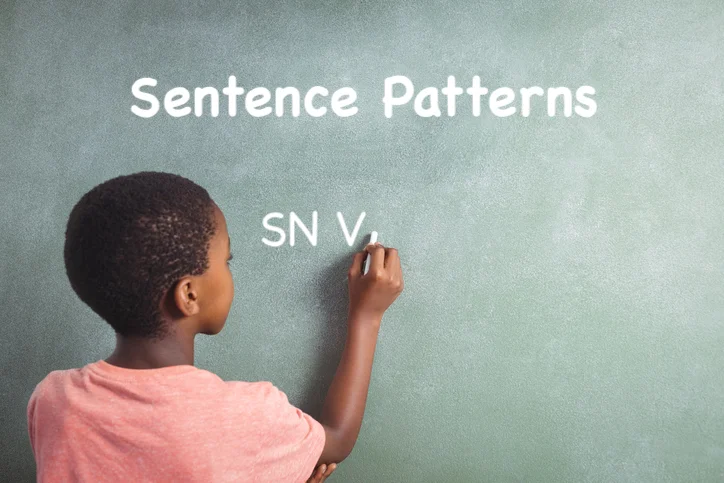The Impact of the Mnemonic Device
/I’ll never forget returning to my 6th-grade language arts classroom after winter break. Being the social type, I had stopped between classes to say hello to some of my friends, and I barely made it into the room before the tardy bell rang. To my surprise, the desks had been rearranged into groups of four, and I had no idea where I was supposed to sit.
Read More









































































































